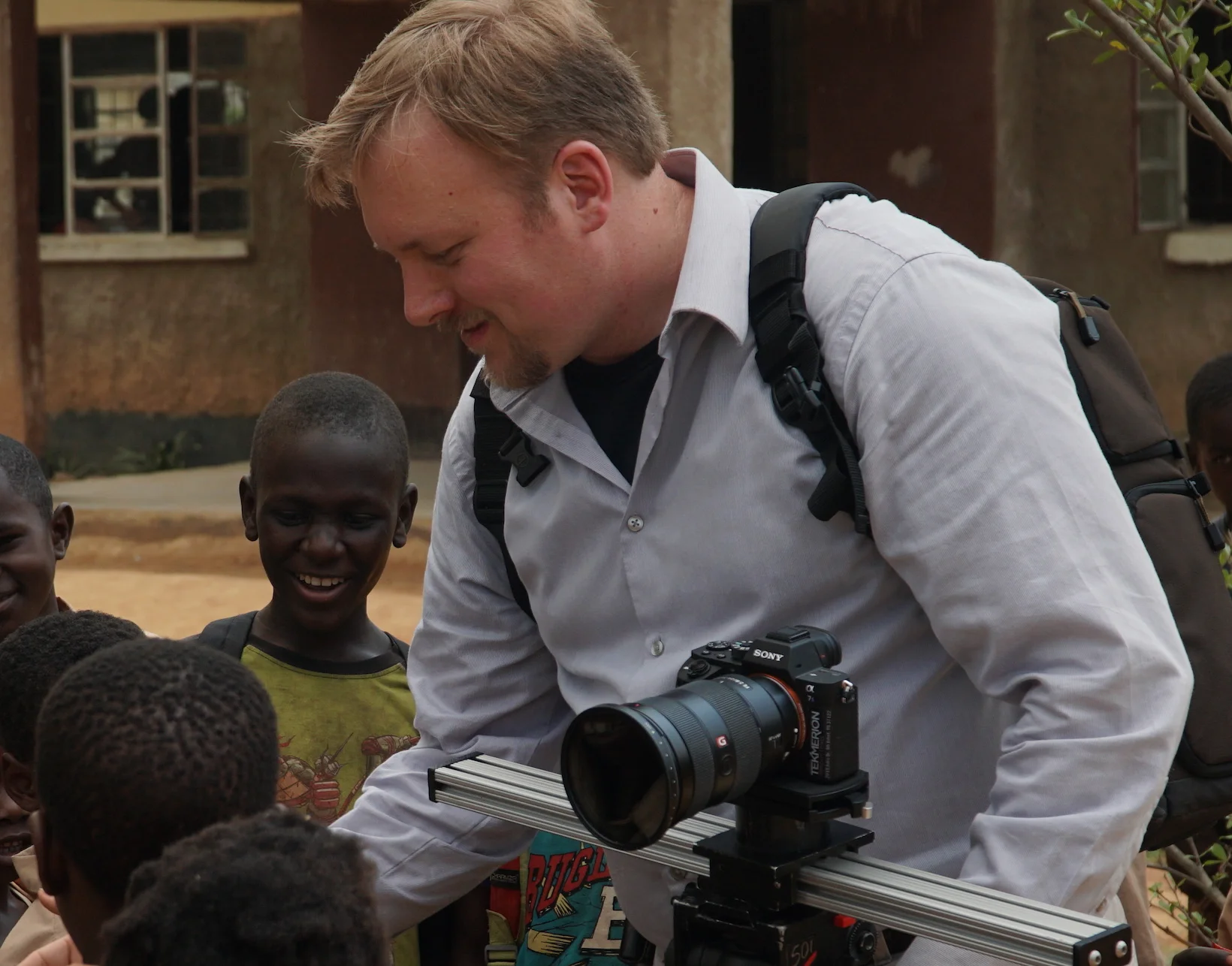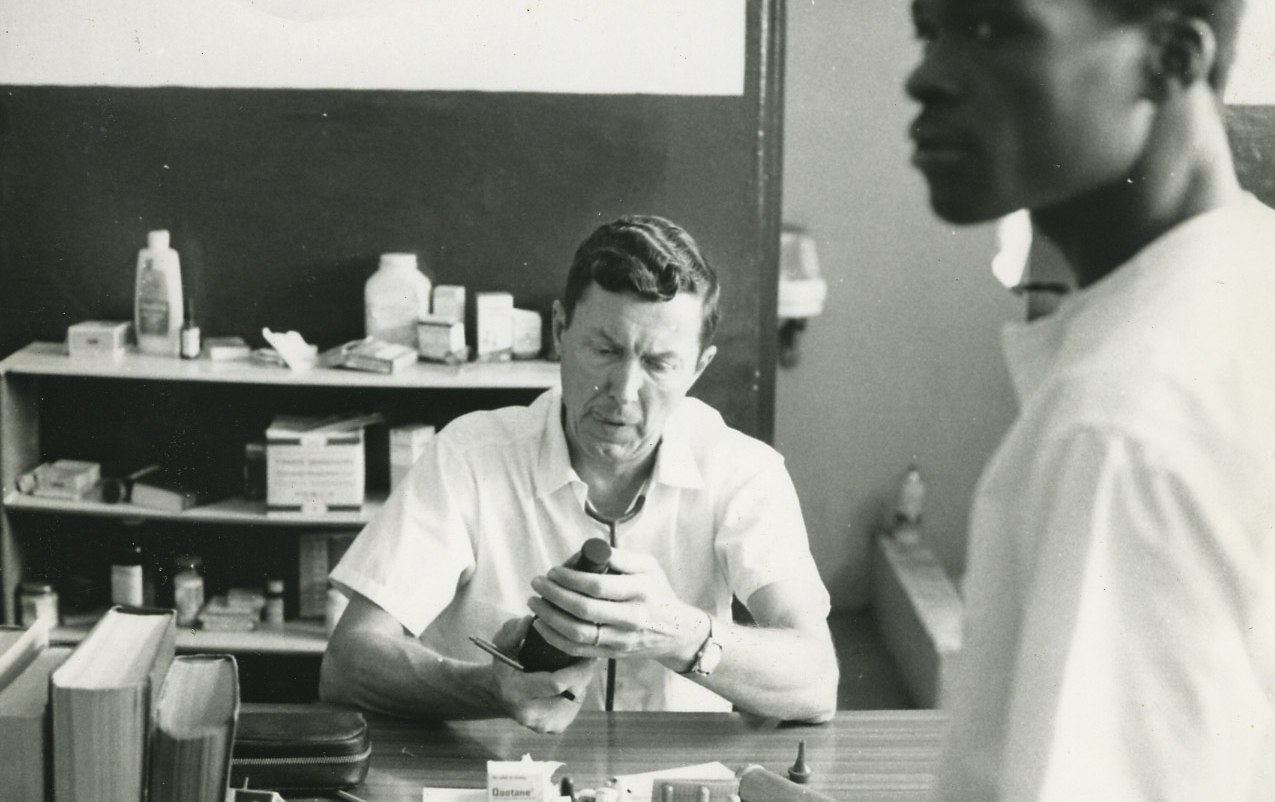After reading this, some may say, “Welcome to the party, Brian. Glad you finally decided to show up.” Still, this is a worthy admonition, and I am eager to share it.
On a Saturday morning not too long ago, a simple but profound concept overwhelmed me. The idea saturated my mind and then, like the retreating tide, pulled back just long enough for me to breathe. I feel silly admitting this, but it touched my mind and spirit so deeply, I was on the verge of tears. They were not happy tears, nor sad, but something was stirring my soul. I can only describe it as the Lord spoke to me. I was so grateful to hear from Him. I needed to write this down. Early in 2018, I attended a Christian Film Festival for the second year in a row. Throughout the events, “This is our mission field!” or “We are missionaries!” periodically rang out across a room full of aspiring filmmakers. Usually, the statements were met with applause and positive energy. I agree with the sentiment.
I entered a short documentary about the life and work of Lorene Miley, a former missionary to Côte d’ Ivoire in West Africa. Her husband, the late Dr. Laverne Miley, was a brilliant man who preached the Gospel while starting a clinic in the bush of Doropo. The two are a phenomenal couple numbered among many pioneers in the modern missions movement. Ordinary people, of little repute, who carved out a ministry in places we barely know, preaching to a people who had no context for their message.
If we as media professionals are going to call ourselves missionaries, then let us look well to those who have gone before us. I am not speaking of the Lumière brothers, D.W. Griffith, or Hitchcock, nor am I considering the trailblazers of the 21st-century Christian film movement. I am talking about the pioneers of modern missions. What did they do? What was their approach to preaching the Gospel? Regarding those whom I observe to be successful, I offer the following answers— They continually wrestled within themselves to distinguish between the immutable truth of the Gospel and their own cultural expressions of faith. They were not sent to clone the American Church, but to allow a distinct people to reconcile with God.
They assimilated. Learning the language, studying the culture, looking for redemptive analogies, and opportunities to meet needs, they sought ways to connect their message with the people. They were all things to all men that they might save some. They were spiritual warriors. Through prayer and the authority of Christ, they battled demonic forces and fought against dark religions. They experienced exciting victories and suffered significant personal losses. They fought the good fight and did not retreat. They dug wells, built schools, clinics, farms, orphanages, hostels, etc... With integrity, creativity, and excellence, they devised means to demonstrate love and gain the respect of the people. All of their efforts were building the foundation for an opportunity to share the Gospel of Jesus Christ in such a way; the people were left with only two choices in response to their message— accept it or reject it. The Gospel is far too important to simply be a religious proclamation dogmatically repeated to a people who do not have context for its truth. So, if you’re going to be a missionary to or through the film industry, build bridges, demonstrate excellence in craft and character, love always, and proclaim the truth. Look well to those who have gone before us. Who knows, as you research and study the ministries of these pioneers, you may find an epic tale already scripted and waiting to be shared with the world. Honestly, these words frighten me. While the Lord has settled some things in my soul, I know I have a lot of work to do. He has called me up to be a better storyteller. He has also called me to teach the Bible. Please pray with me as I ask the Lord to prove Himself to be alive through me, my family, and the works of my hands (Acts 1:3 and Psalm 90:17).






